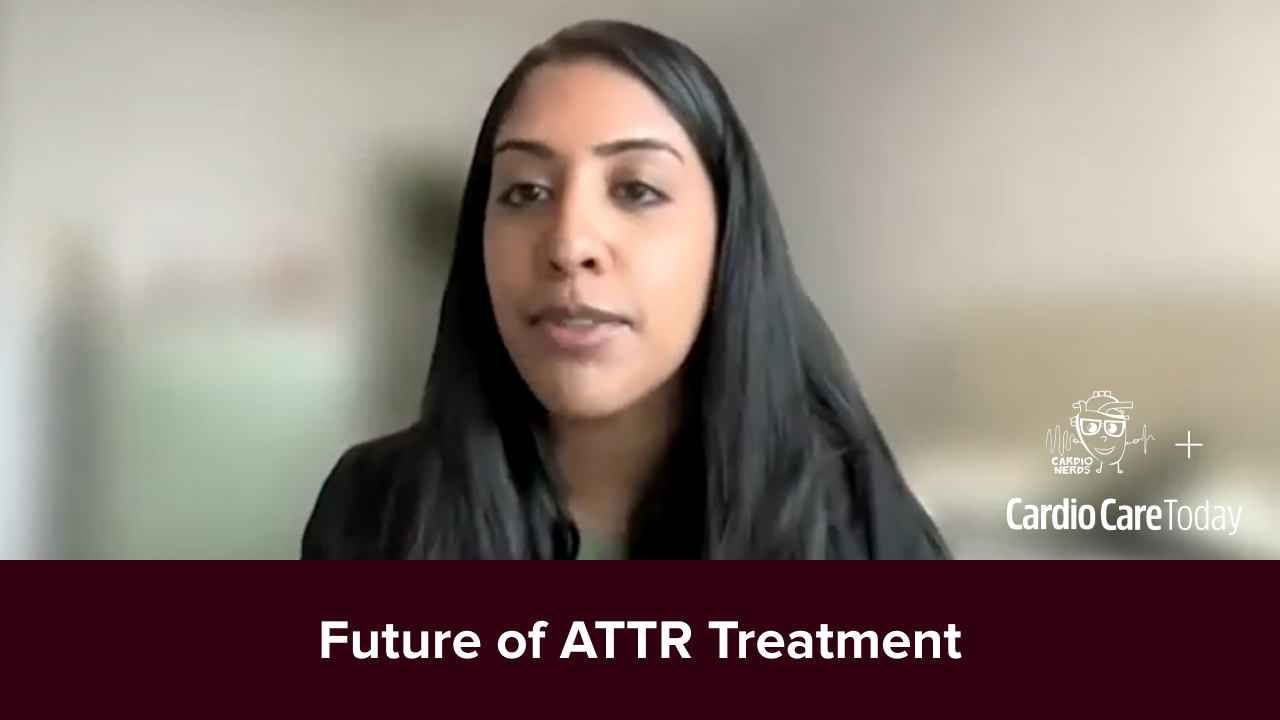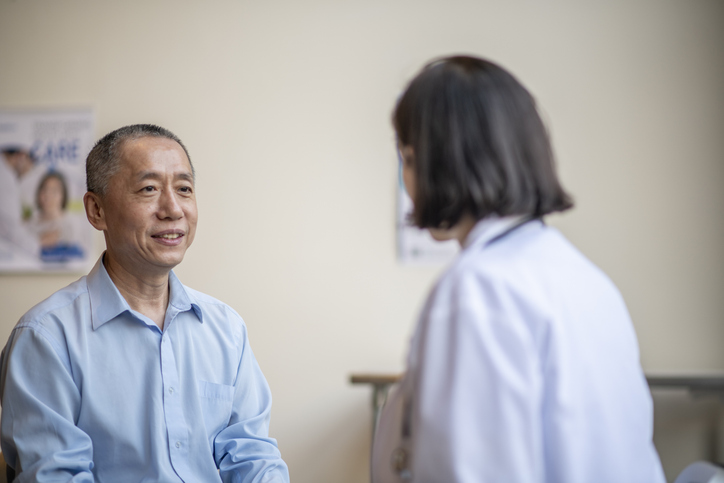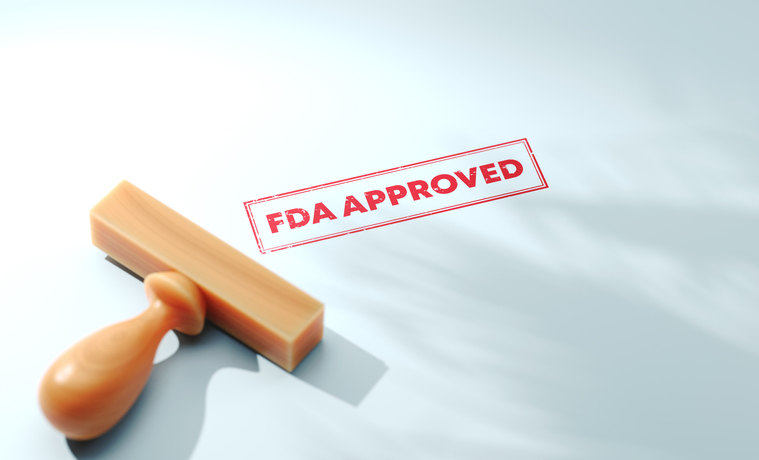
This week’s edition of Cardio Round-up features egg-ceptional data on high egg consumption and the risk for stroke, another look at evolocumab, an explanation for how lack of sleep increases your risk for cardiac events, and good news for those taking aspirin post-stroke.
More Eggs, Please!
New research in the American Journal of Clinical Nutrition suggests that higher egg consumption is not linked with an increased risk for stroke. The study included 1,950 older male participants from the Kuopio Ischemic Heart Disease Study. The authors, after assessing dietary intake at baseline, as well as hospital discharge registries, reported that there were no differences in stroke indicence or risk between the highest quartiles of egg-consumption and the lowest. There was also a trend towards lower diastolic blood pressure in the high-consumption group, but the relationship did not attain statistical significance.
RESTART: Aspirin and Others Safe Post-Stroke
A new study in The Lancet suggests that taking aspirin or other antithrombotic medications (including anticoagulants and antiplatelets) was not associated with an increased risk of an additional stroke. The RESTART study, a prospective randomized trial that included 537 patients across 122 centers, assigned participants to either start on antithrombotic therapy after surviving an initial stroke, or to avoid therapy. The results indicated that there were no statistically significant differences between the treatment and avoidance groups for recurrent intracerebral hemorrhage. The results of the RESTART trial are reassuring for survivors of brain hemorrhage who need to take antiplatelet medicines to prevent heart attacks and strokes,” one of the authors wrote.
Get Some Sleep
A new paper in Experimental Physiology outlines the mechanism for how a chronic, consistent lack of sleep can increase the risk for suffering a stroke or heart attack. The researchers reported that circulating microRNAs, which are used as biomarkers for cardiovascular function, “play a key role in regulating vascular health” by suppressing gene expression of certain cell proteins. The paper looked at 24 adults with normal and diminished sleep duration patterns. The results suggested that those who get less than 7 hours of sleep per night regularly had lower levels of key circulating microRNAs, increasing their risk for inflammation and the downstream cardiac events that can arise as a result of the increased inflammation.
Evolocumab Looks Good (Again)
Following up on evolocumab, which had shown efficacy for the reduction of low-density lipoprotein (LDL-C) in high-risk patients taking statins in the FOURIER trial, a research paper published in JAMA Cardiology looks at the drug’s effects on total cardiovascular events. The researchers looked at time to first cardiovascular death, myocardial infarction, stroke, hospitalization for unstable angina, or coronary revascularization. They reported that evolocumab was associated with a reduction in total cardiovascular events, including lower rates of stroke and revascularization.







 © 2025 Mashup Media, LLC, a Formedics Property. All Rights Reserved.
© 2025 Mashup Media, LLC, a Formedics Property. All Rights Reserved.